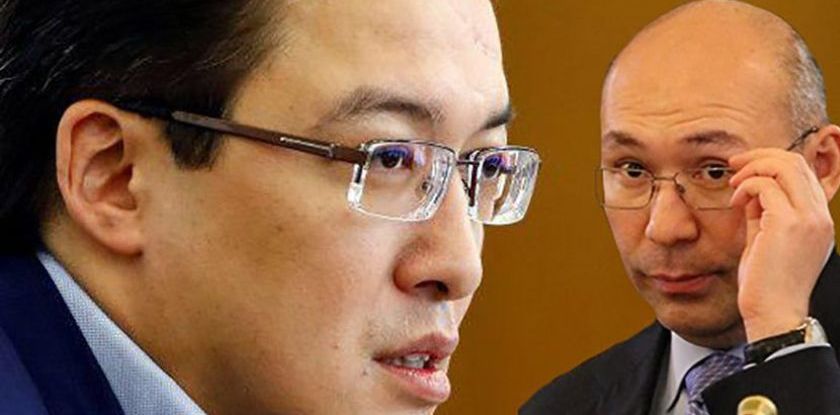The Kazakh internal political process has one distinctive feature. There exist the unpredictable stress points that attract society’s attention and turn the problems into very sensitive issues that demand an immediate reaction from the government.
This happened with the “land question”, the same is happening now with the accumulative pension system, namely with the “Unified Accumulated Pension Fund” (UAPF) that has invested the Kazakh citizens’ pension assets to the problematic bonds of the International Bank of Azerbaijan.
In the discussion held in the media, three issues call attention to themselves.
Firstly, there is an abnormal activity of certain public figures who have used all the available ways to attract society’s attention to the UAPF problem.
This abnormal activity is hard to explain. Perhaps it is the public figures’ personal beliefs strengthened by their allies, or the influence of the elite clans, or a social “request” on the part of the Kazakh population. Be as it may, the fact remains – “the storm in a tea cup” is massive.
Secondly, in Akorda, there is the evident lack of desire to communicate directly with the public even on such an acute issue. Now the UAPF management and Aydarkhan Kusainov, the advisor to the chairman of the National Bank of Kazakhstan, are communicating with the people on behalf of the government. However, they do not have a real say in this matter due to their low service rank.
As for Daniyar Akishev, the chairman of the National Bank of Kazakhstan, he, de-facto, has limited his activity to deflecting attention to the former bank management (namely, to the former NBK chairman Kayrat Kelimbetov). Consequently, instead of communication, we have something close to a fight in which the participants cannot even hear each other.

Thirdly, there is the evident reluctance on the part of the public figures, the media, the experts, and “all the president’s men” to go beyond the discussion of the topic that has caused the aforementioned “tea cup storm”.
Neither those criticized nor those criticizing risk (want, able to) admit the fact that the united accumulative pension system is a part of the national economy and cannot be improved significantly.
Thus, the criticism remains quite limited since it is directed to the UAPF only (first of all, to the losses due to the unsuccessful investments of the pension assets). Therefore, the quality of this criticism on the part of the public figures, the media, and the experts is dwindling because the professionals realize that, in the conditions when the external markets are low-profit and the internal market is extremely limited, it is impossible for investments to be safe, high-profit, and high-quality.
However, Akorda’s rebuttle is not quite well-thought-of as well. Instead of using the public’s attention to the extra-important topic to inform the people, explain the state’s plans and actions, promote their ideas and vision, the presidential vertical is concentrating on the technical details and deflecting responsibility to one another. The government is making turnarounds waiting for the public interest in this subject to die.
Of course, eventually, this is what will happen, so, their maneuvers are justified. This is the reason why we call what is happening in the country “a storm in a tea cup”.
It looks like such practice is, on the one hand, a consequence of the increase of the protest moods in Kazakhstan and, on the other hand, a result of Akorda’s extreme screw tightening. Putting the public figures behind bars for the minimal “sins” against the authorities, the state has made sure that no one wants to take the risk to transform words into actions.
Thus, the public is protesting but does it exclusively in the information space. The authorities are ready to communicate but not on the crucial issues. As if the state says, “We can talk but you don’t really have a say in anything”.
For Akorda, it is convenient because it gives it an opportunity to let the people (albeit a small portion of the Kazakh population) “blow off the steam” in a safe way. It is beneficial for certain public figures, too, because it enables them to come into the spotlight and manifest their civic position – all in all, ineffectively.




